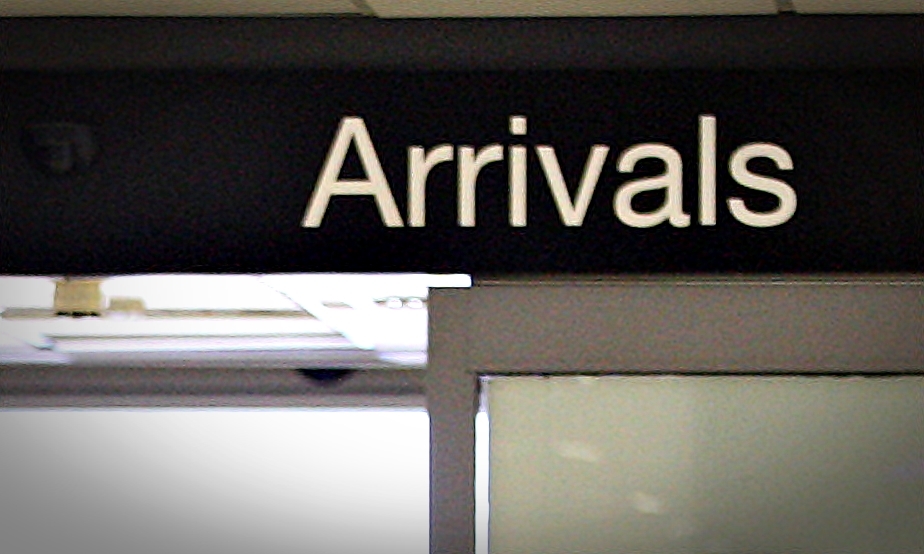The presumption that Scots are more tolerant than their nearest neighbours was given credence in the EU referendum, when a clear majority here voted to remain in Europe.
The vote went the other way in England for various reasons, but one of those was thought to be a reaction to immigration. Scots being dragged out of Europe by the more xenophobic English could console themselves with the notion that they were different.
The Nationalists quickly politicised this apparent distinction within the UK and tried to build a new push for independence on the basis that Scotland was not only more pro-Europe, but also more in favour of immigration.
Although it would have suited the separatist agenda if people living north and south of the border were easily distinguishable, by their attitudes to Europe or anything else, it never rang true.
You don’t have to be a Unionist to notice that there is much more that unites than divides us, and people are more likely to share tastes and opinions within social rather than geographical boundaries.
As Billy Connolly once said: “I have a lot more in common with a welder from Liverpool than I do with someone with an agricultural background from the Highlands.”
Nicola Sturgeon’s crude attempt to lump all Remainer Scots together backfired because Scots, like other Britons, are complicated. It turned out that a sizeable proportion of her own secessionists – about 500,000 – were actually anti-Europe.
Another massive miscalculation is now becoming apparent. Part – perhaps all – of Sturgeon’s drive to fight on Brussels’ side has been down to causing mischief with Westminster.
But in one area she can be given credit for genuinely putting Scotland’s interests, and not hers or her party’s, first. This is immigration.
She has demanded that immigration powers be devolved to Holyrood, so Scotland can increase its working population, and while this is as good a fight as any to pick with Theresa May, her argument is valid.
Unlike the rest of the UK, we have had historically low levels of immigration here. The newer waves of Europeans settling in Scotland have taken many hard-to-fill jobs – particularly in the hospitality industry, fish processing and the seasonal soft fruit sector – and there are grave concerns about the impact Brexit will have on them.
The administration of a distinct Scottish immigration policy will be fraught with difficulties, but Sturgeon is to be applauded for at least trying to find a solution. Scotland needs new people and must find ways to attract them. The problem is that many Scots don’t agree. Just as in England, there are pockets of hostility to migrants and a lack of awareness of why they are needed.
According to Glasgow University academic Dr Paulina Trevena there is not broad support for Scotland to become a country of immigration, as Sturgeon wants.
“Scotland is seen to have a generally welcoming attitude towards migrants, yet this is not always the case, with racism and xenophobia being a particular issue in areas of high social deprivation,” said Dr Trevena, an immigration expert, in a report for the Scottish Parliament Information Service.
Her conclusions are backed by a Panelbase poll that found only 36% of Scots thought the SNP’s recent Growth Commission plan for nearly 400,000 new immigrants would be good for the economy. A total of 30% thought it would be bad for the economy and 34% thought it would be neither good nor bad.
Clearly, Sturgeon has some work to do. Dr Trevena concluded that negative attitudes towards migrants were strongest among “established populations living in areas of multiple deprivation, and especially among teenagers”.
This last finding is surprising because young people surely tend to be less judgmental than their seniors. But perhaps a lack of exposure to migrants in Scotland has fostered this insularity.
I would add to the list, pockets of the middle classes living in Scotland’s almost immigrant-free leafy suburbs. Shocking though it is, casual racism rears its ugly head across smart dinner tables and in some of the posher schools in Scotland in a way that would be unthinkable in more cosmopolitan cities.
Having spent most of my formative years in or near London, this has been one of the least appealing discoveries I have made moving north.
Hopefully, unrepresentative of most liberal-minded Scots, these unselfconscious anti-Asians, anti-Muslims, anti-Orientals, anti-black Africans (to quote a neighbour), and probably anti-anyone who sounds or looks different, are as much a barrier to Sturgeon’s vision to repopulate Scotland as the more stereotypical demographic that Dr Trevena identified.
The academic said there should be a social integration strategy to encourage mixing between migrants and the native population.
Who knows how that would work, but if she comes up with a scheme, it should be advertised to all sections of Scottish society.
